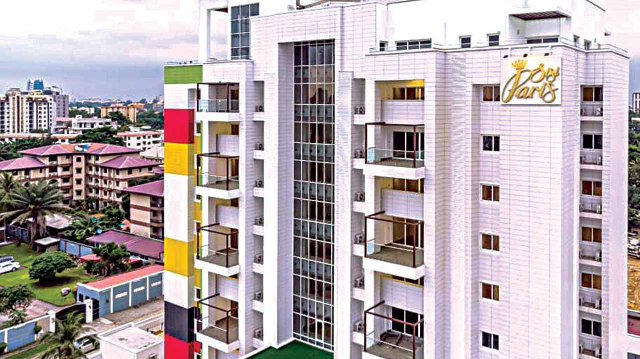As the nation started implementing strict policy changes, there was some sell pressure on the secondary market for trading Nigerian bonds, which caused the yield curve to move ahead.
The benchmark yield rose to 15.32% at the end of the day, according to the separate notes of traders in fixed interest instruments.
Bizwatch Nigeria learned via Broadstreet that a large number of fixed income investors liquidated their holdings ahead of inflation data and an anticipated hike in benchmark interest rates.
As officials continue to work feverishly to improve important macroeconomic indicators, a persistently poor impression has also caused a naira asset price decline in the equity market.
As a result of the apex bank’s FX liquidity booster measures, trading activity on FGN bonds had somewhat negative outcomes in response to a new risk-off mood.
The average yield increased by 3bps to close at 15.32%. In its market update, Cordros Capital Limited said the average yield increased at the short (+11bps) end due to profit-taking activities on the MAR-2027 (+47bps) bond but closed flat at the mid and long segments.
In the latest FGN bond auction, the DMO offered N360 billion but raised N418.2 billion worth of instruments through re-openings of the 16.29% FGN MAR 2027, 14.55% FGN APR 2029, 14.70%FGN JUN 2033, 15.45% FGN JUN 2033, 15.45% FGN JUN 2038. The demand at this auction primarily reflects system liquidity triggered by FAAC allocation and coupon payments, according to Coronation Research.












